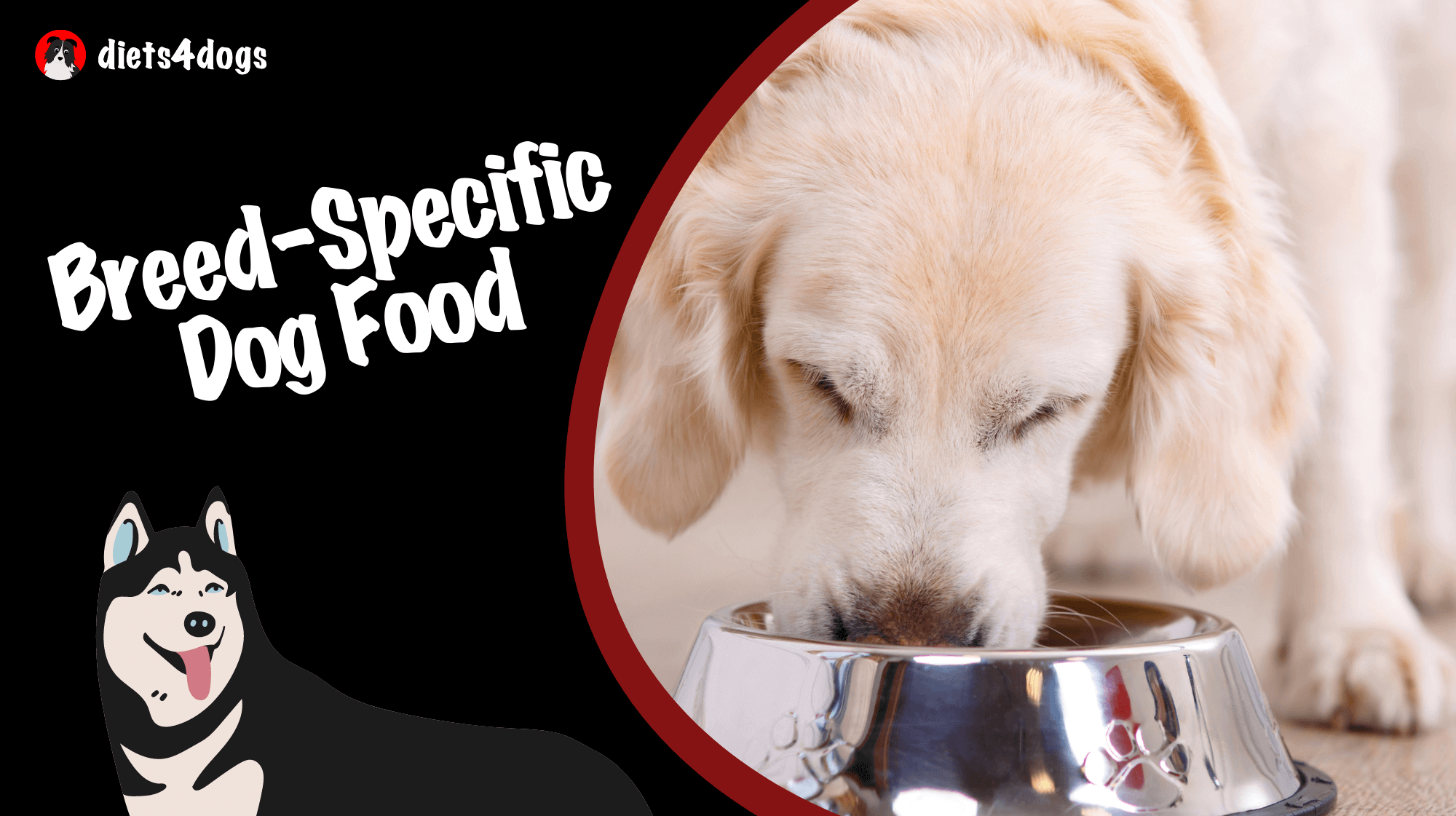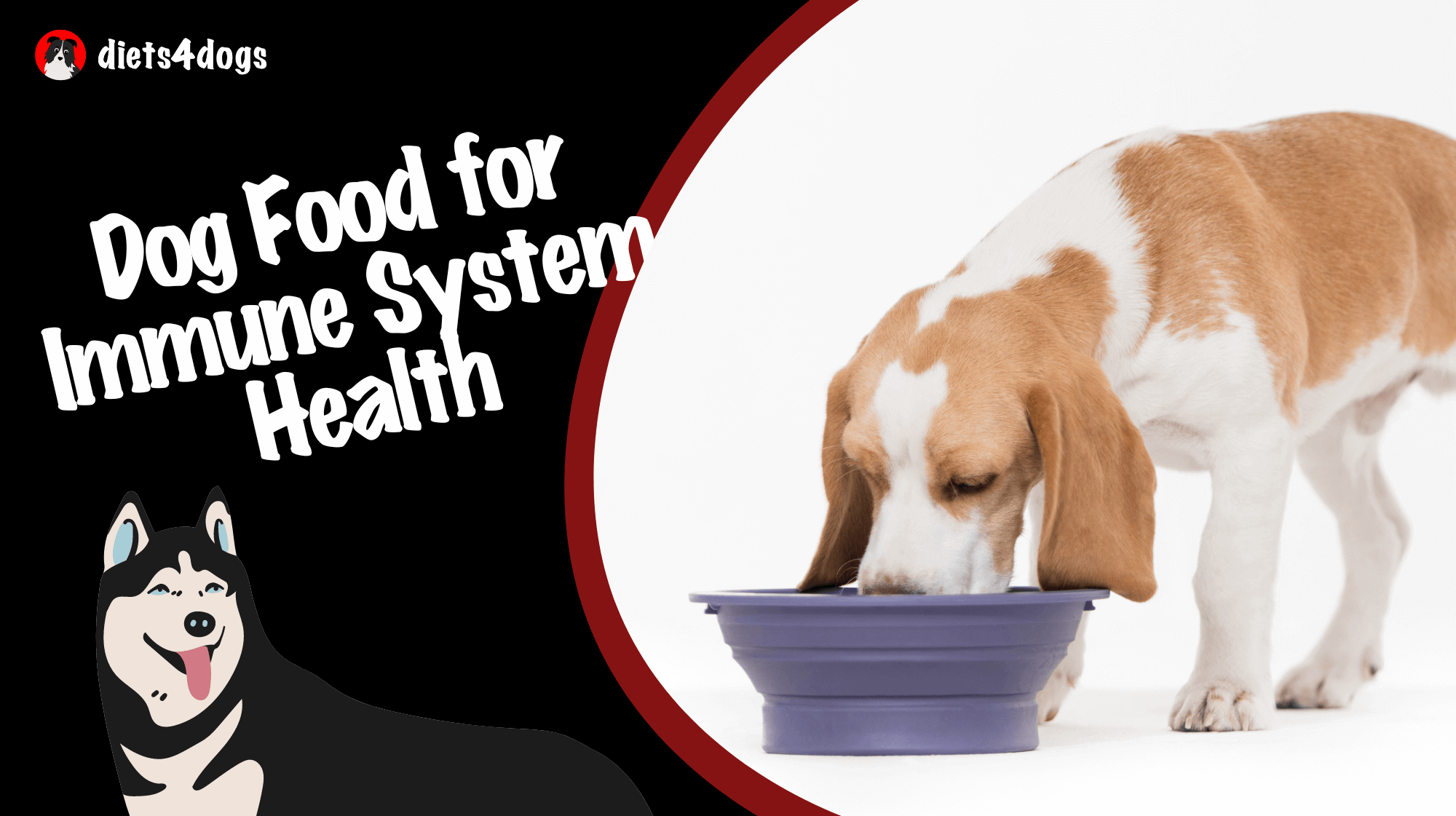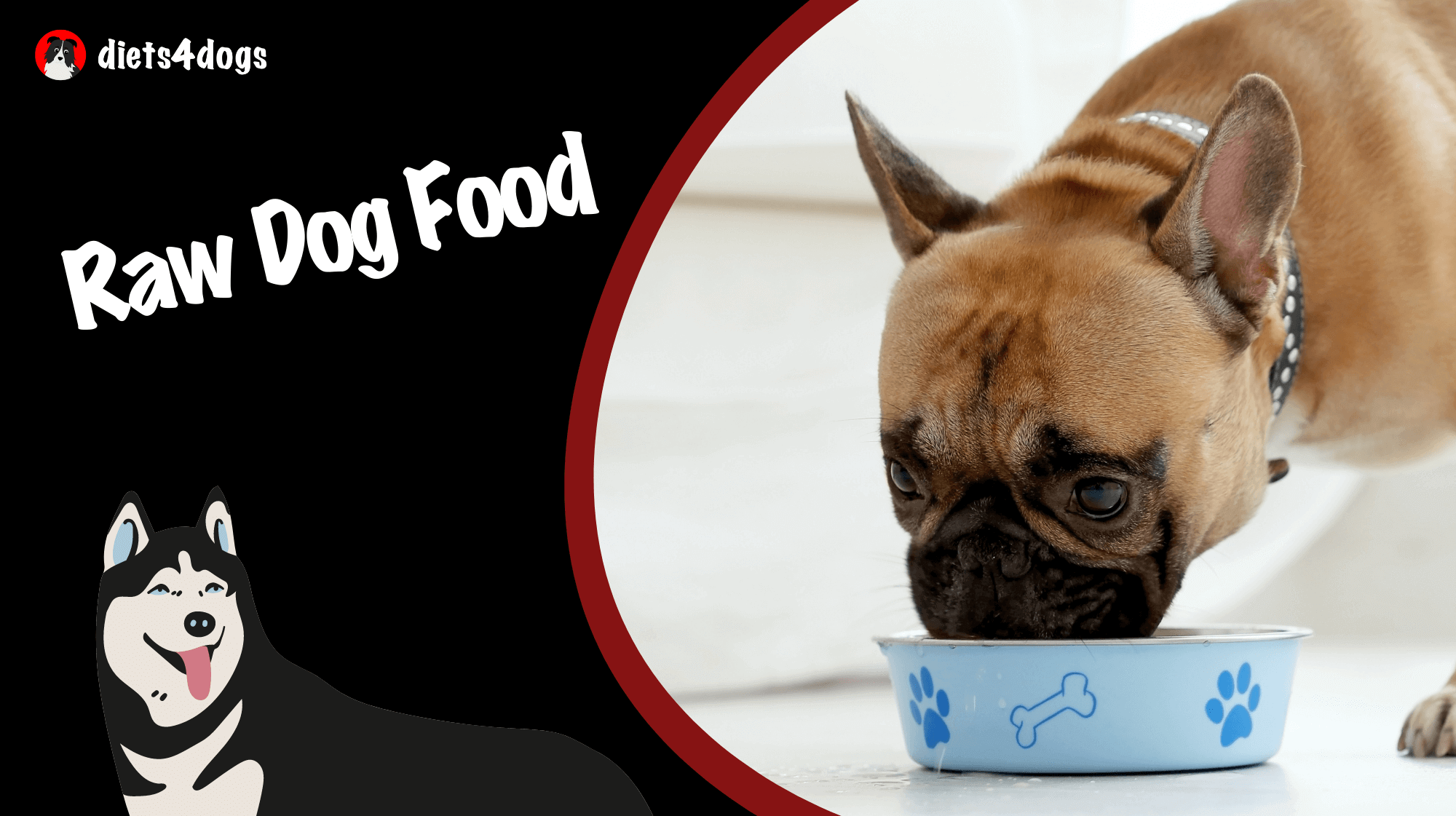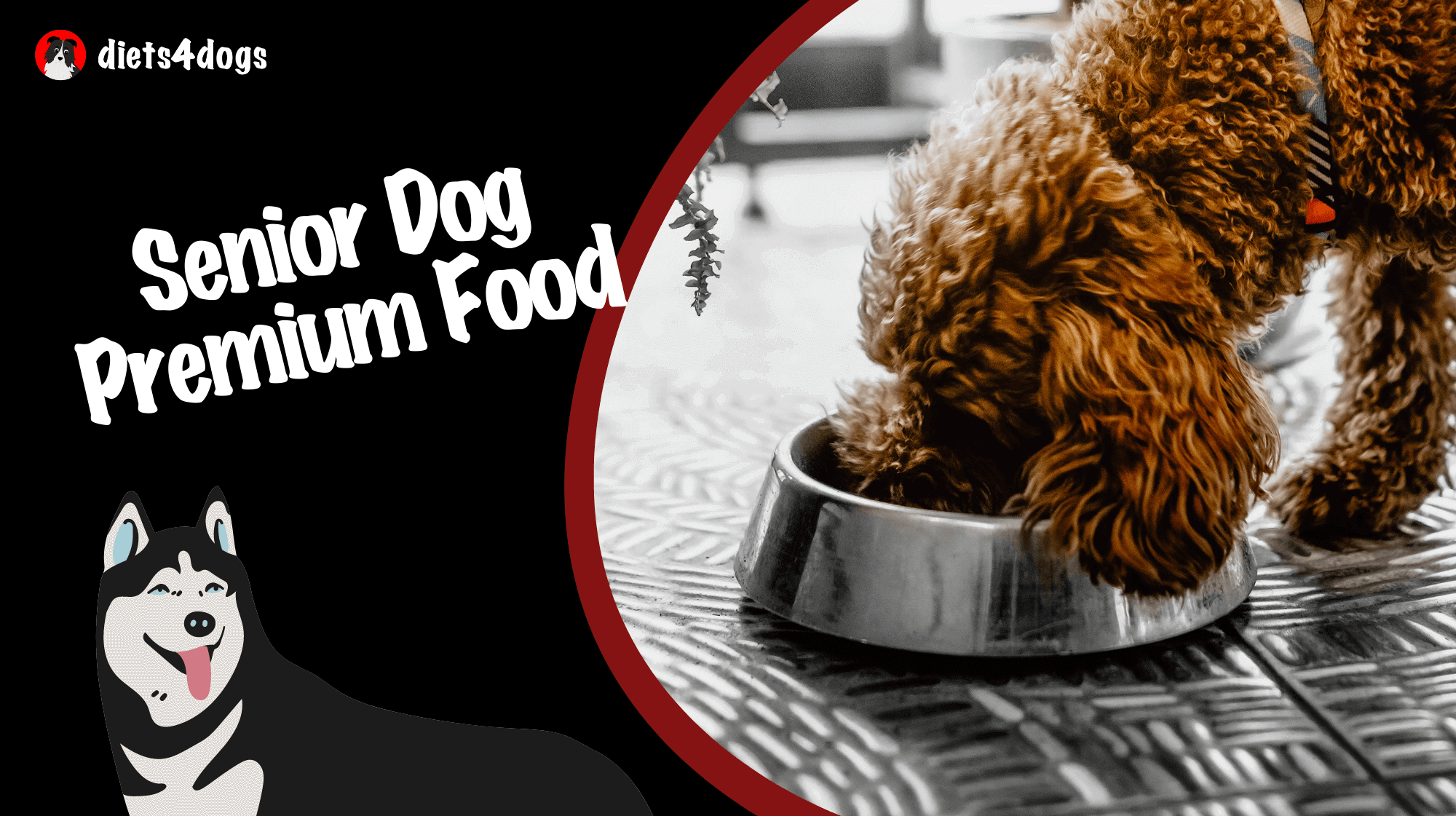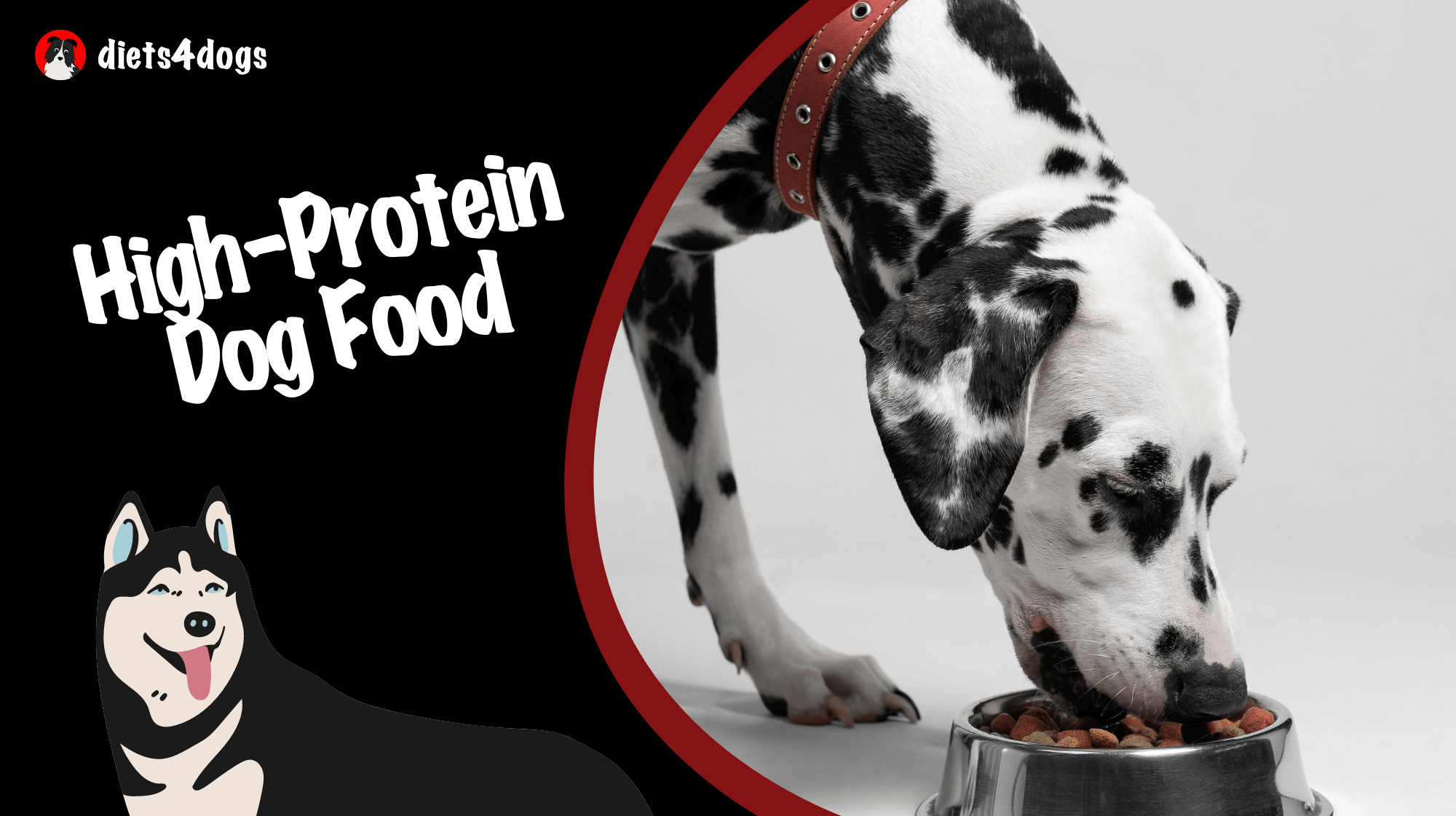Ever wonder if your furry friend is getting all the essential nutrients they need for their unique breed? Introducing breed-specific dog food – the game-changer for your dog’s nutritional needs! This customized approach to feeding your dog aims to meet and exceed the unique dietary requirements of each breed. Say goodbye to one-size-fits-all, and join us on this tail-wagging adventure as we explore the advantages of tailor-made nutrition for your pet, and discover premium brands that cater specifically to your beloved dog’s breed requirements. Grab your pup’s leash and let’s embark on this fun and informative journey together!
Breed-Specific Dog Food: Tailoring Nutrition for Your Pet
Breed-specific dog food is a customized approach to pet nutrition, designed to provide the optimal balance of nutrients tailored to the unique needs of individual dog breeds. It recognizes that different breeds have varying requirements, leading to improved health, more energy, and better digestion. High-quality brands specializing in breed-specific formulas can be found, ensuring your furry companion gets the diet that’s just right for them.
Unlocking the Benefits of Breed-Specific Nutrition
Before diving into the world of breed-specific dog food, let’s first understand the advantages it brings to your beloved pet’s plate. By catering to the unique needs of each dog breed, breed-specific nutrition can provide the following benefits:
- Enhanced energy levels and vitality
- Improved skin and coat health
- Better digestion and reduced gastrointestinal issues
- Optimized weight management
- Support for breed-specific health concerns
Feeding Your Breed: Why Size and Activity Matter
When it comes to breed-specific dog food, understanding your pet’s particular size and activity level is crucial. Here’s why these factors make a difference in premium dog food choices:
Size Matters
Dog breeds come in all shapes and sizes, and so do their nutritional requirements. Small breeds often have a faster metabolism, needing more calories per pound of body weight compared to larger breeds. On the other hand, giant breeds require food that promotes slow, steady growth to keep their skeletal health in check.
Active Paws Need Extra Fuel
Highly active dogs, such as working or service breeds, have more demanding nutritional needs due to their increased energy expenditure. They may require a formula with higher protein and calorie content to maintain their muscle mass and overall health.
Cracking the Code on Breed-Specific Health Concerns
Some breeds are predisposed to specific health issues, and an appropriate diet can work as a preventive measure or support for known vulnerabilities. Breed-specific dog food formulas can address common concerns like:
- Joint and bone health in large breeds
- Urinary tract health in small breeds
- Lower calorie formulas for breeds prone to obesity
Finding the Perfect Premium Dog Food Match for Your Pooch
Now that you’re well-versed in the benefits of breed-specific dog food, it’s time to find the perfect formula for your furry companion. Start by considering your pet’s distinct breed characteristics and common health concerns (if any).
Decode the Ingredients
Look for high-quality ingredients and an animal protein sourced from real meat, fish, or poultry that cater to your dog’s breed-specific needs. Additionally, make sure the formula includes essential vitamins, minerals, and antioxidants to support their immune system, and fatty acids like Omega-3 and Omega-6 for a shiny coat.
Seek Expert Advice
Consulting your veterinarian is a great way to help you navigate the vast world of breed-specific dog food. They can recommend specific formulas and brands, as well as provide insights on how to read labels and choose the best option for your unique pet.
Trust Reputable Brands
Premium dog food brands that specialize in breed-specific formulas invest in extensive research to ensure their products fulfill the nutritional needs and preferences of each breed. Do some legwork on the brand’s reputation and look for reviews from other pet parents with the same breed as your furry buddy.
As a responsible pet owner, providing your dog with breed-specific nutrition can make all the difference in their overall health and well-being. So, gear up to offer your beloved buddy a taste of the tailor-made, nutritious life!
Transitioning to Breed-Specific Dog Food
Switching your pet to a new food can be a bit overwhelming, but with some patience and care, your dog will be enjoying the benefits of breed-specific dog nutrition in no time! To ensure a smooth transition, follow these simple steps:
- Gradual Introduction: Introduce the new breed-specific dog food by mixing it with your dog’s current food. Gradually increase the percentage of the new food while decreasing the old food over a span of a week or two.
- Monitor Your Dog’s Reaction: Watch your pet closely during the transition period to ensure they’re responding well to the new food. Pay attention to their appetite, stool consistency, energy levels and overall demeanor. If you notice any negative reactions, consult your veterinarian for advice.
- Stick with It: Consistency is key – once you’ve successfully transitioned your dog to their new breed-specific diet, try to avoid switching foods frequently as it can lead to an upset stomach and other digestive issues.
What About Mixed Breeds?
Wondering how to choose the right dog nutrition for your adorable mixed breed pup? Since determining precise percentages of breed heritage can be challenging, consult your veterinarian to help estimate your dog’s primary breed traits and nutritional requirements. You can also choose dog food formulas designed for ‘all breeds’ that cater to broad nutritional needs, keeping in mind the size and activity levels of your canine companion.
Life Stage Matters: Don’t Forget the Puppy Years and Senior Care
Breed-specific dog food goes beyond just catering to your pet’s breed, it’s also essential to consider their life stage:
Puppy Food:
Puppies of all breeds require a nutritionally dense diet that supports their rapid growth and development. Premium puppy food formulas provide the right balance of protein, fats, and essential micronutrients needed to build strong, healthy foundations.
Senior Food:
As dogs age, their nutritional needs change. Senior dog food formulas are designed with adjusted protein, fat levels and added supplements to support joint health, weight management and overall well-being in your pet’s golden years.
Whether your fur baby is a purebred, mixed breed, young or old, breed-specific dog nutrition is a game-changer in providing the best dietary foundation for overall health and happiness. So, don’t wait, fetch that new breed-appropriate food and let your pampered pup savor their tailored meal!
FAQ Section: Breed-Specific Dog Food and Your Pet’s Nutrition
Have more questions about breed-specific dog nutrition? Don’t worry, we’ve got you covered! Check out these frequently asked questions to help you navigate the world of personalized canine nutrition.
1. Is breed-specific dog food necessary for all dog breeds?
While not absolutely necessary for every breed, breed-specific dog food can provide optimal nutrition tailored to a specific breed’s size, metabolism, activity level, and predispositions to certain health conditions.
2. How do I know the appropriate portion size for my dog’s breed-specific food?
Refer to the feeding guidelines provided on the dog food packaging or consult your veterinarian. Remember that portion size recommendations may vary based on your dog’s age, weight, activity level, and overall health.
3. Can I cook homemade breed-specific dog food?
Yes, you can prepare homemade meals that cater to your dog’s breed-specific nutritional needs. However, it’s crucial to consult your veterinarian or a pet nutrition expert to ensure the meals you prepare are balanced and complete.
4. Is it safe to switch from an all-breeds dog food to a breed-specific dog food?
Yes, transitioning from an all-breeds dog food to a breed-specific formula is safe, as long as you introduce the new food gradually and monitor your dog’s response to ensure proper digestion and acceptance.
5. Can my dog eat breed-specific food even if they don’t have any health issues?
Yes, breed-specific dog food is not just for dogs with specific health concerns. It can also provide optimal nutrition and support for dogs without health issues, contributing to their overall well-being and longevity.
6. My dog has food allergies. Are there breed-specific dog foods for dogs with allergies?
While breed-specific dog foods cater to the unique needs of individual breeds, it’s essential to select a formula that accommodates your pet’s specific dietary restrictions as well. Consult your veterinarian for recommendations on hypoallergenic breed-specific dog food options.
7. Can I feed a mixed breed dog a breed-specific dog food?
You can feed a mixed breed dog a breed-specific food if it closely matches their dominant breed traits and nutritional needs. If unsure about the best formula for your mixed breed, consult with your veterinarian or opt for a high-quality all-breeds dog food.
8. How often should I feed my dog their breed-specific food?
The frequency of feeding depends on several factors, including your dog’s age, size, and activity level. Generally, it’s recommended to feed adult dogs twice per day, while puppies may require more frequent meals. Consult your veterinarian for personalized feeding advice.
9. Can I mix different types of breed-specific dog foods?
Mixing different types of breed-specific dog foods is not ideal, as each formula is designed to cater to specific nutritional requirements. Mixing formulas may result in imbalanced nutrition for your dog.
10. Are there any drawbacks to feeding my dog breed-specific food?
The main drawback of breed-specific dog food is its potentially higher cost compared to standard dog food. However, the benefits of providing tailor-made nutrition geared towards your dog’s unique needs may outweigh the added expense.

